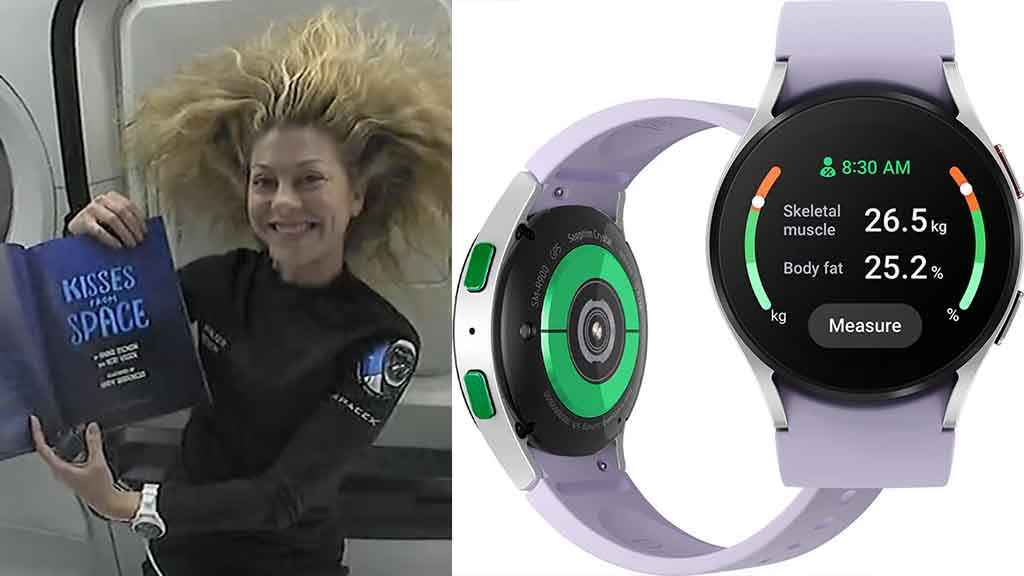SpaceX
Samsung and SpaceX Polaris Dawn tested a smartwatch in space

On September 15, SpaceX and Polaris Dawn mission wrapped up with a splashdown in Florida and it’s revealed that Samsung was also a part of this multi-day space trip.
Polaris Dawn lifted off with a Falcon 9 rocket from Launch Complex 39A at NASA’s Kennedy Space Center in Florida on September 10.
The spaceflight is based on the Dragon spacecraft, which hosted Commander, Jared Isaacman, Mission Pilot Kidd Poteet, Mission Specialist Sarah Gillis, and Anna Menon.
Despite Dragon’s limited internal space, Polaris Dawn completed big objectives including the first-ever commercial spacewalk, reaching the highest Earth orbit post-Apollo era, testing Starlink satellite connectivity, and conducting scientific research.
The spacecraft carried 36 research studies from 31 partner institutions designed to observe and improve various aspects of human health. The University of Hawaii Cancer Center, one of these affiliated partners, collaborated with Samsung to conduct a health monitoring study in space using Galaxy Watch (via – SammyFans).
Samsung Galaxy 5 smartwatch was used to examine human health in microgravity, an environment completely different from our home planet.
This device was customized with bioactive sensors and took body composition readings. That includes observation of physical condition by analyzing vitals such as skeletal muscle mass, basal metabolic rate, body water content, and body fat percentage.
Before flying with this mission, Watch 5 went through preliminary tests conducted by research partners.
Data Validation
Data gathered with Samsung watch in space was verified by Pennington Biomedical Research Institute at Louisiana State University and Hawaii Cancer Center.
The validation concludes that body composition readings are about 93% to 97% accurate in comparison to clinical devices including body composition analysis (DXA) and bioelectrical impedance analysis (BIA).
Separately, the Human Performance & Sport Science Center (HPSSC) in Michigan found that body fat percent metrics are about 95% accurate compared to medical equipment.
Aside from the results, such research will provide efficiency for researchers and remove occupancy for specific clinical equipment separately.












